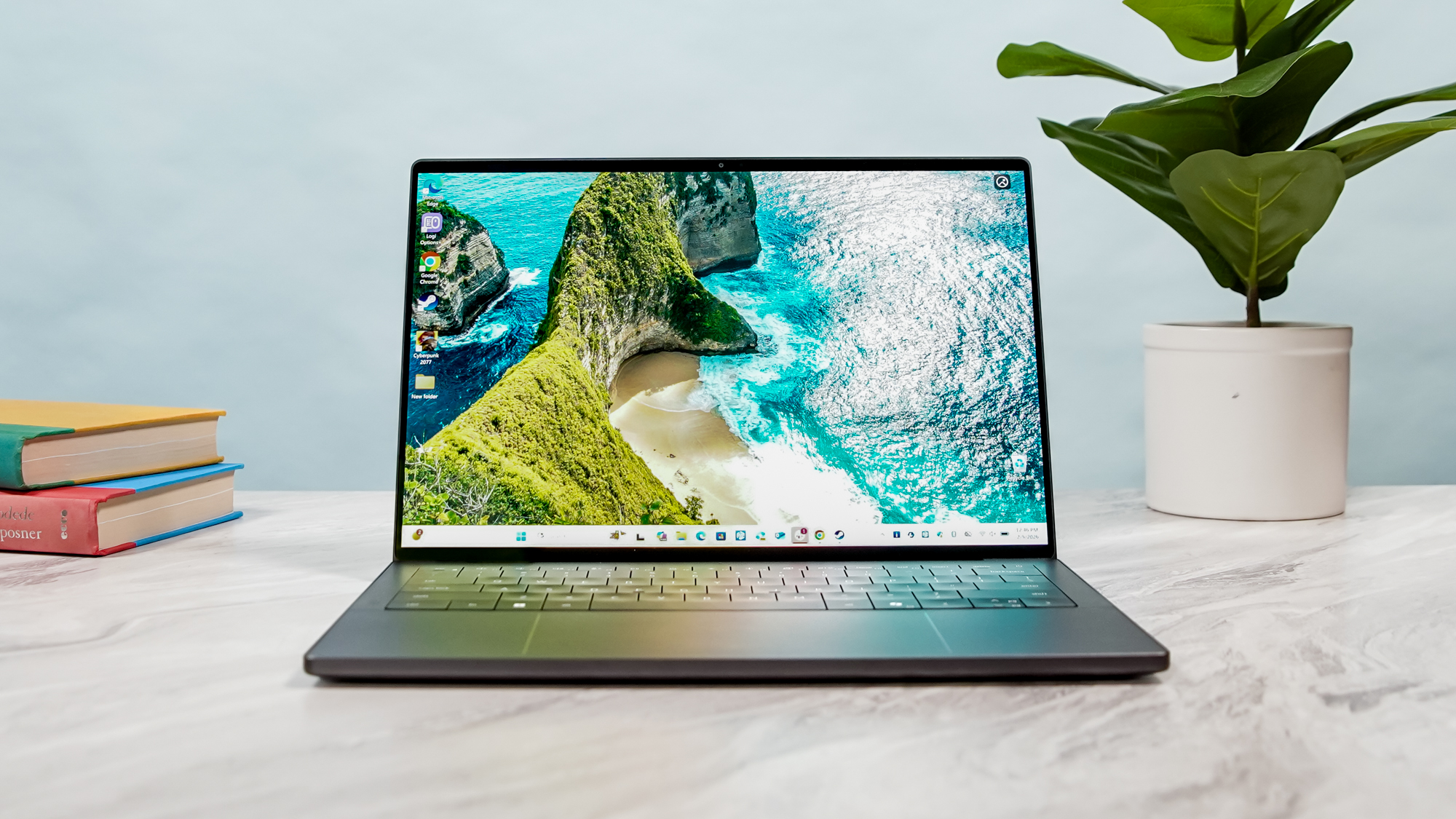Google has patched a critical Chrome zero-day flaw — update your browser immediately
The seventh zero-day exploit patched by Google this year

Here at Tom’s Guide our expert editors are committed to bringing you the best news, reviews and guides to help you stay informed and ahead of the curve!
You are now subscribed
Your newsletter sign-up was successful
Want to add more newsletters?

Daily (Mon-Sun)
Tom's Guide Daily
Sign up to get the latest updates on all of your favorite content! From cutting-edge tech news and the hottest streaming buzz to unbeatable deals on the best products and in-depth reviews, we’ve got you covered.

Weekly on Thursday
Tom's AI Guide
Be AI savvy with your weekly newsletter summing up all the biggest AI news you need to know. Plus, analysis from our AI editor and tips on how to use the latest AI tools!

Weekly on Friday
Tom's iGuide
Unlock the vast world of Apple news straight to your inbox. With coverage on everything from exciting product launches to essential software updates, this is your go-to source for the latest updates on all the best Apple content.

Weekly on Monday
Tom's Streaming Guide
Our weekly newsletter is expertly crafted to immerse you in the world of streaming. Stay updated on the latest releases and our top recommendations across your favorite streaming platforms.
Join the club
Get full access to premium articles, exclusive features and a growing list of member rewards.
In a security advisory published on Monday, Google released details about an emergency security update that was issued to fix the seventh zero-day vulnerability exploited in attacks against Chrome this year. The zero-day in question (tracked as CVE-2025-13223) is categorized as a high-severity vulnerability and there's also an exploit that has been used in the wild, according to the company.
Google has fixed the flaw, and new versions will roll out to users via the Stable Desktop channel throughout the coming weeks, however a patch may be immediately available if you check for updates. Though the browser does automatically update whenever security patches are made available, users can make sure they’re installed by going to Chrome > Help > About Google Chrome and then clicking Relaunch once the installation process is complete.
As usual, though Google has confirmed that this flaw has been used in the wild to carry out attacks. However, it has not issued any further details, stating: “Access to bug details and links may be kept restricted until a majority of users are updated with a fix. We will also retain restrictions if the bug exists in a third party library that other projects similarly depend on, but haven’t yet fixed.”
This is typical, as sharing details is something the Google avoids as it may encourage further exploits of the zero-day before enough users apply its patch to fix it. The bug, which was reported by a member of Google’s Threat Analysis Group (TAG), is caused by a type confusion weakness within Chrome’s V8 JavaScript engine. If exploited, it could allow an attacker to achieve arbitrary code execution or program crashes via a maliciously crafted HTML page. It makes the seventh zero-day exploit patched this year, with the other fixes being patched in March, May, June, July and September.
How to keep your browser secure

This is exactly why it's so important to make sure that your software and operating system are kept up-to-date. You can always set them to update automatically in order to make things easier for you.
Likewise, the best antivirus software will often also let you automatically schedule scans to help protect your system from malware and other viruses. When you install one, also make sure to set up all of the extra features like a VPN, a hardened browser or other protections that can keep you safe while browsing.
Given this year's track record, it's unlikely that this will be the last zero-day exploit we see in 2025, so you may as well ensure that your browser is set to update automatically.
Get instant access to breaking news, the hottest reviews, great deals and helpful tips.

Follow Tom's Guide on Google News and add us as a preferred source to get our up-to-date news, analysis, and reviews in your feeds.
More from Tom's Guide
- DoorDash was just hit with its third data breach – what to do next
- Black Friday shoppers under attack from AI-powered scams — here's how to spot them before it's too late
- Don't risk it — get your annual antivirus coverage for less than $25 with these Black Friday deals

Amber Bouman is the senior security editor at Tom's Guide where she writes about antivirus software, home security, identity theft and more. She has long had an interest in personal security, both online and off, and also has an appreciation for martial arts and edged weapons. With over two decades of experience working in tech journalism, Amber has written for a number of publications including PC World, Maximum PC, Tech Hive, and Engadget covering everything from smartphones to smart breast pumps.
You must confirm your public display name before commenting
Please logout and then login again, you will then be prompted to enter your display name.
 Club Benefits
Club Benefits










